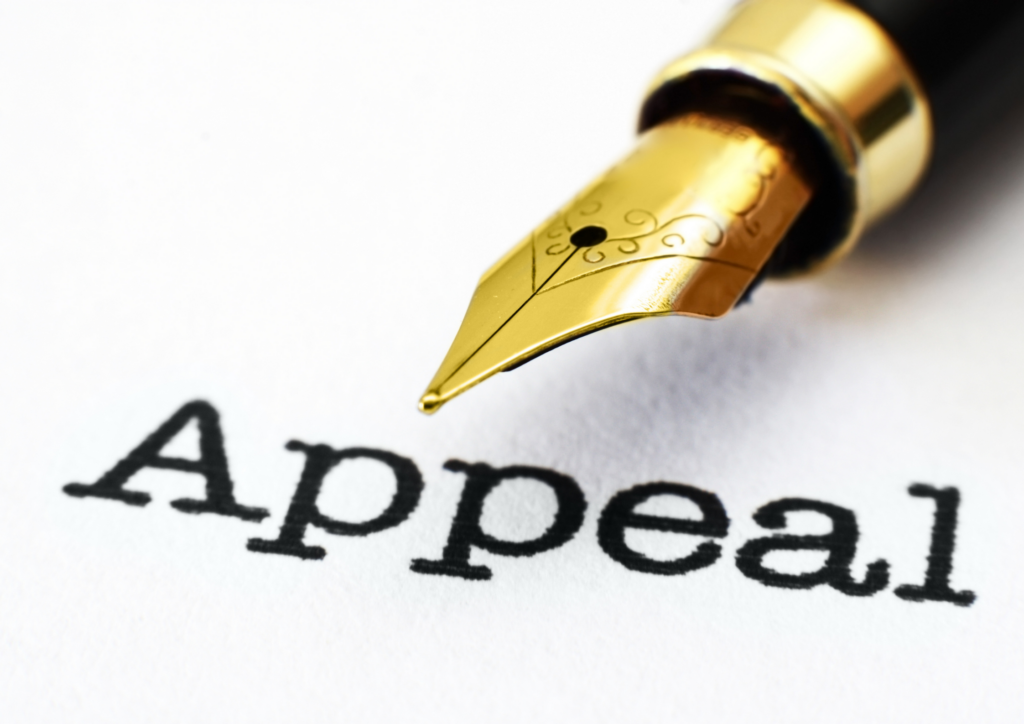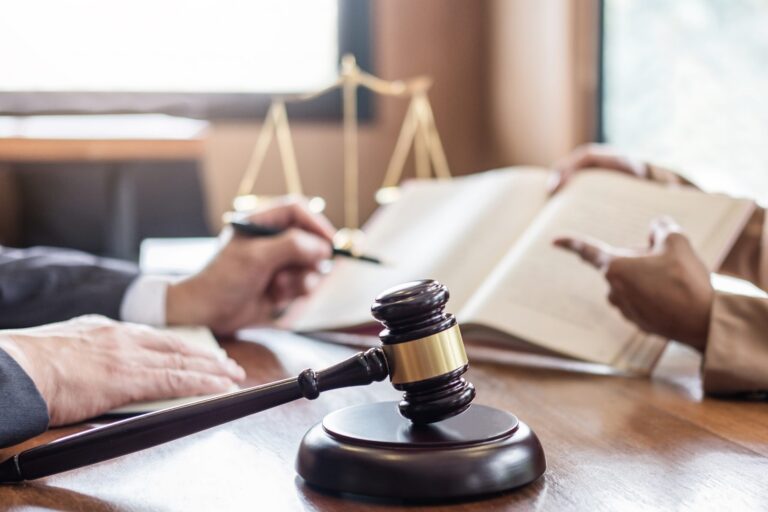Academic dismissals can significantly hamper a student’s future. It can affect their ongoing studies and upcoming ventures for a better tomorrow. It will be best for every student to follow the protocols the schools and universities set forth. Otherwise, the school or college can have the legal authority to dismiss the student academically.
If a student is academically dismissed, they must take it seriously and hire a lawyer to deal with the matter professionally and legally. You can check out studentdisciplinedefense.com if you need more help with legal representation. You can speak to an attorney and explore your legal options to protect your rights.
Similarly, it will be vital for a student to be aware of the common grounds for appealing an academic dismissal to understand it better. Let’s continue to understand academic dismissal.
What is an appeal?

Before you rush to hire a lawyer and start with the process of an appeal, it will be ideal to know what an appeal exactly is. Otherwise, legal blunders can occur, and the condition can worsen. Sometimes, you may rush to conclusions without having a complete knowledge about the same. Some people think that an appeal is a retrial. However, an appeal is not a retrial but rather a review of the record in the trial process of a legal case.
When a person files for an appeal, the appellate court reviews the record of the lower court’s proceedings in a particular legal case. The appellate court also determines whether sufficient grounds for appealing were met.
The records obtained from the court’s proceedings will likely include evidence, pre-trial or post-trial motions, word-for-word transcript of the trial, etc. The appellate court will analyze these records when a student appeals and review written briefs submitted by each party if any.
Common grounds for appealing academic dismissal

Potential grounds for an academic appeal case can likely include legal error, ineffective assistance of counsel, or juror misconduct. Firstly, legal errors in an academic appeal result from improper evidence, insufficient evidence to prove guilt, or incorrect jury instructions. The appellate or the accused student must find such errors and how they affected their case.
Such errors will be considered harmless if they do not change the verdict. When legal errors are not enough to change the judgment of the academic appeal, the conviction will stand. One can also appeal for a conviction if one believes the jury did not conduct the case properly during the trial or deliberations.
Lastly, the accused student can appeal their cases when they believe they were not provided adequate representation with or without a lawyer. The accused student must prove they were not provided sufficient legal representation. A student might also need to establish the counsel’s actions and their effect on the case’s outcome with an attorney’s help. Therefore, you can speak to an attorney as soon as possible before appealing. An attorney can assist you thoroughly with your case and help in seeing all the possible legal options for appeal.

